Chandigarh, October 4:
The Punjab & Haryana High Court has come down strongly on the Punjab government over prolonged delays in releasing funds under the Post-Matric Scholarship scheme for Scheduled Caste (SC) students. Calling the state’s approach “contradictory” and evasive, the bench demanded a comprehensive affidavit outlining liabilities for the years 2017–18 to 2019–20.
The case, brought forward by colleges and universities struggling under delayed reimbursements, has highlighted the deep cracks in welfare delivery systems. With the next hearing scheduled for November, the state government faces mounting pressure to resolve the long-pending issue or risk contempt proceedings.
The Background of the Post-Matric Scholarship Scheme
The scheme was launched to provide financial assistance to SC students for higher education. It covers tuition, maintenance, and other essential costs, ensuring that marginalized communities have access to educational opportunities beyond matriculation.
For Punjab, with nearly 32% of its population belonging to Scheduled Castes—the highest proportion in India—the scheme is critical. However, chronic delays have crippled both institutions and students:
- Institutions struggle with cash flow when reimbursements are delayed.
- Students are often left unable to pay fees, buy books, or continue studies without interruption.
The Court’s Observations
The bench criticized Punjab for attempting to shift responsibility onto the Centre, even though documents presented by Union representatives indicated that large portions of the liability fell squarely within the state’s purview.
The judges noted:
- The state’s submissions were inconsistent with records.
- Continued evasion could amount to contempt of court.
- Vulnerable students are directly suffering because of administrative inertia.
The High Court also emphasized that welfare schemes are not “optional exercises” but constitutional obligations, especially in a state where social justice remains an urgent concern.
The Years in Question: 2017–2020
The pending dues for 2017–18, 2018–19, and 2019–20 form the core of the dispute. Petitioners argue that the absence of reimbursement for those years has led to:
- Colleges refusing admission to SC students without upfront fees.
- Universities deferring salary payments to staff due to strained finances.
- Students dropping out of courses or turning to exploitative private lenders.
Impact on Students
The human cost of the delay is severe.
- Simran, a law student from Amritsar: “My family couldn’t afford the semester fees, and without the scholarship, I had to take a personal loan. I don’t know how I will repay.”
- Manoj, an engineering aspirant: “I was forced to skip a semester because the college demanded fees in advance. The scholarship delay meant I lost a year.”
Such stories highlight how a bureaucratic logjam transforms into a generational setback for marginalized families.
The State’s Defence
Punjab’s government has argued that its liability depends on timely release of the Centre’s share. However, Union officials presented records suggesting the state had not met its own committed share regardless of central contributions.
This contradiction is what triggered the High Court’s stern observations.
Petitioners’ Concerns
Colleges and universities contend that:
- Delayed dues disrupt their ability to provide education on credit.
- Many institutions are reluctant to admit SC students without upfront payment.
- The scheme, instead of empowering, has become a source of instability.
Legal & Constitutional Dimension
The court’s sharp stance aligns with constitutional principles:
- Article 46: Directs the state to promote educational and economic interests of SCs and other weaker sections.
- Right to Education: While primarily up to the age of 14, higher education access for marginalized groups falls within the broader spirit of equality.
By holding the state accountable, the High Court has reinforced the idea that welfare delivery is a matter of justice, not charity.
Broader Implications
- For Governance: The case underlines weak fiscal planning and coordination between Centre and state.
- For Students: Each delayed payment is a barrier to upward mobility.
- For Politics: The issue could become a flashpoint in Punjab’s volatile political landscape, with opposition parties using it to attack the government’s credibility.
Experts Speak
- Educationists: Stress that continuity in scholarships is as important as their size. “Uncertainty demotivates students,” says Dr. Renu Sharma, Vice-Chancellor of a state university.
- Economists: Point out that investment in marginalized education yields long-term economic benefits. “Scholarship delays harm not just individuals, but the state’s growth potential,” said Prof. Arvind Joshi, Panjab University.
- Activists: Call for social audits and stricter accountability mechanisms.
Looking Ahead
The November hearing will be crucial. If Punjab fails to provide a clear affidavit and payment plan, the court could escalate matters through contempt proceedings.
Observers believe the state may announce a stop-gap settlement soon, at least partially clearing dues to avoid further judicial ire.
Conclusion
The High Court’s intervention is a reminder that social justice cannot wait for fiscal convenience. With SC students depending on timely scholarships to break cycles of poverty, the onus is now firmly on Punjab’s administration to act.
As the court made clear, justice delayed is education denied.
#HighCourt #Scholarships #Education #SocialJustice #Punjab #Governance #Law #SCStudents

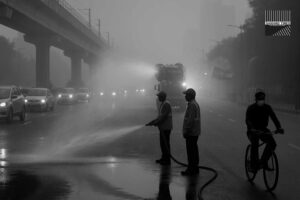


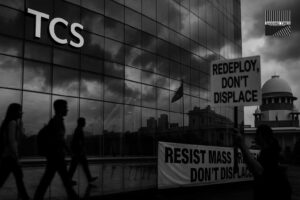


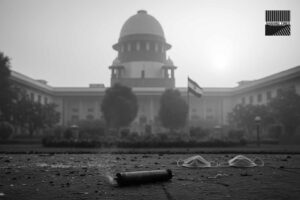



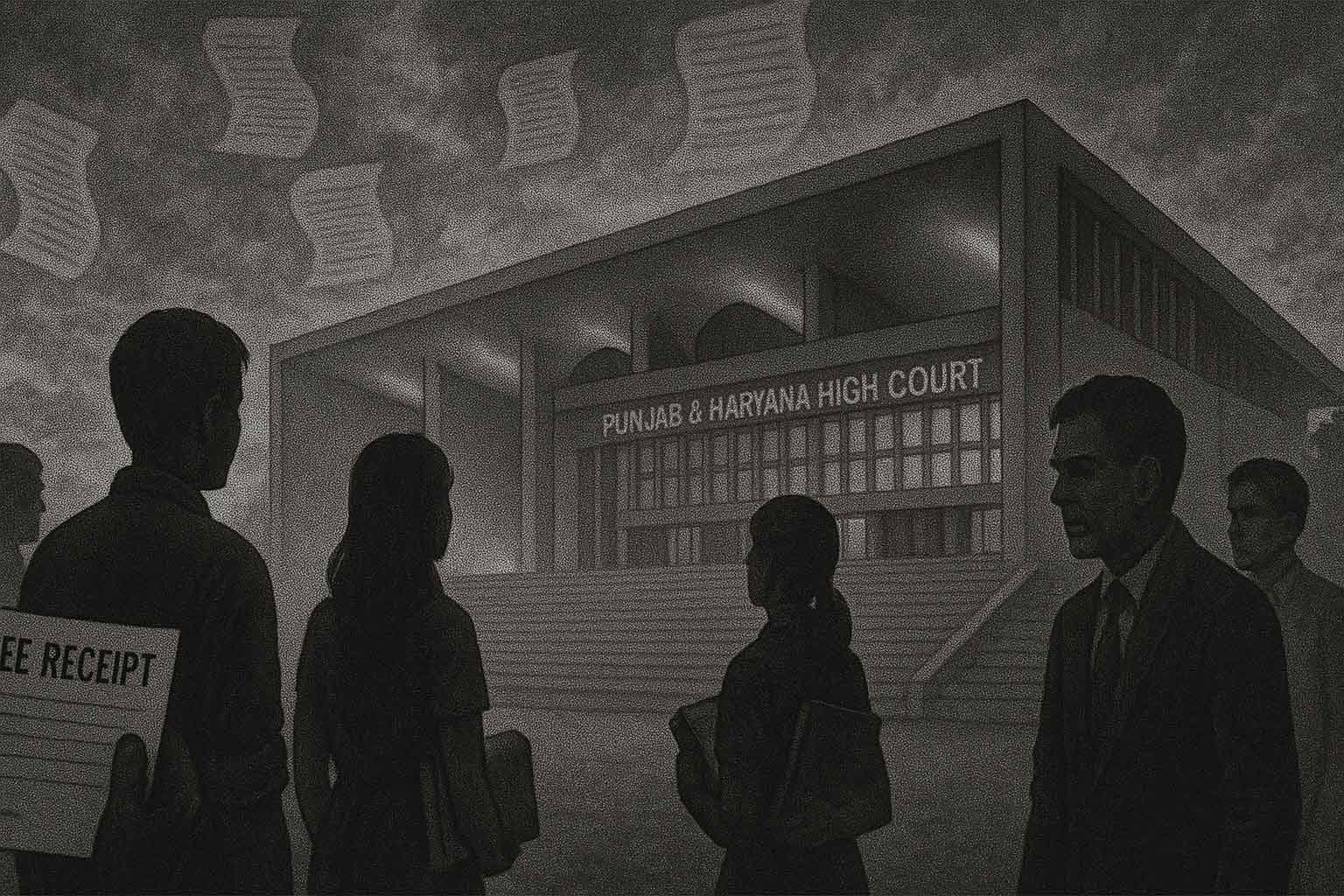
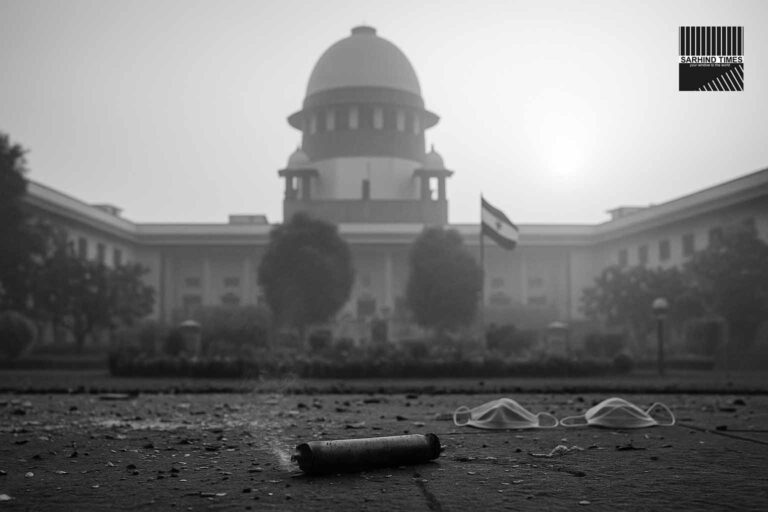

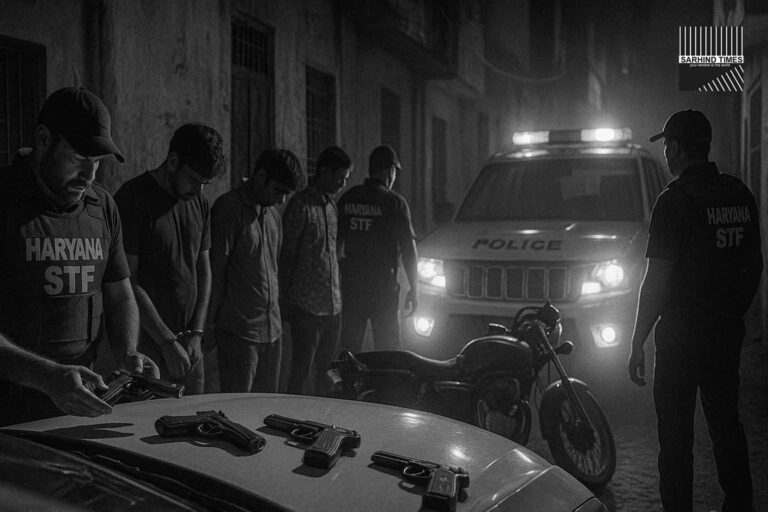
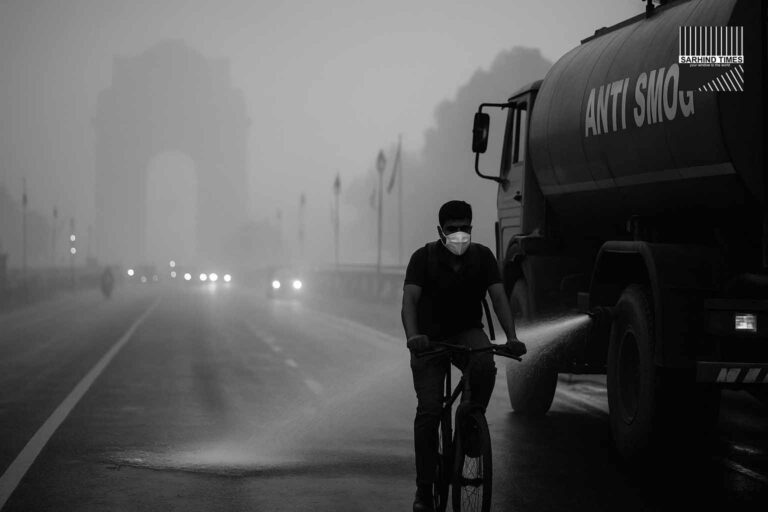
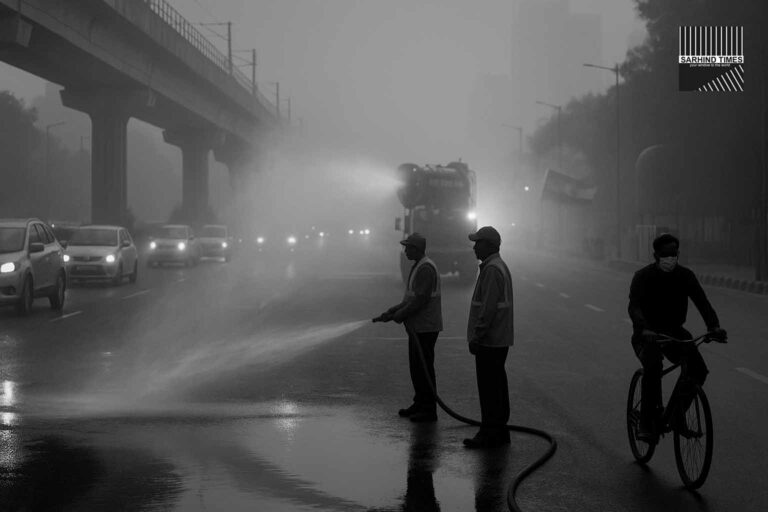




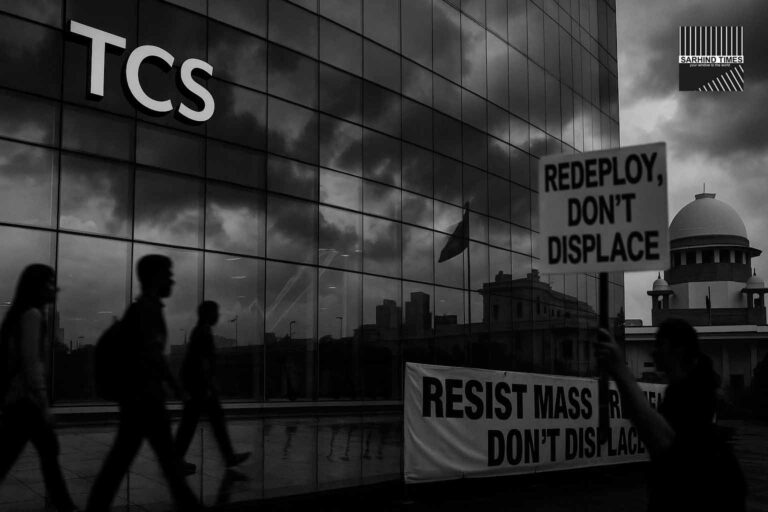
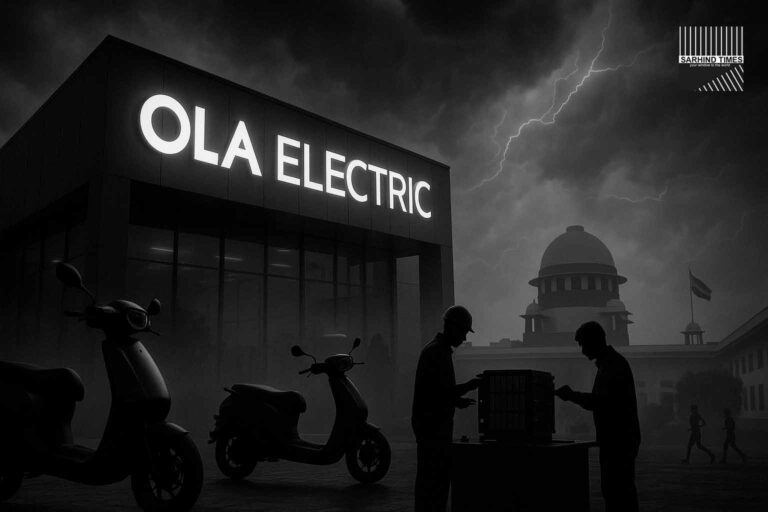

+ There are no comments
Add yours